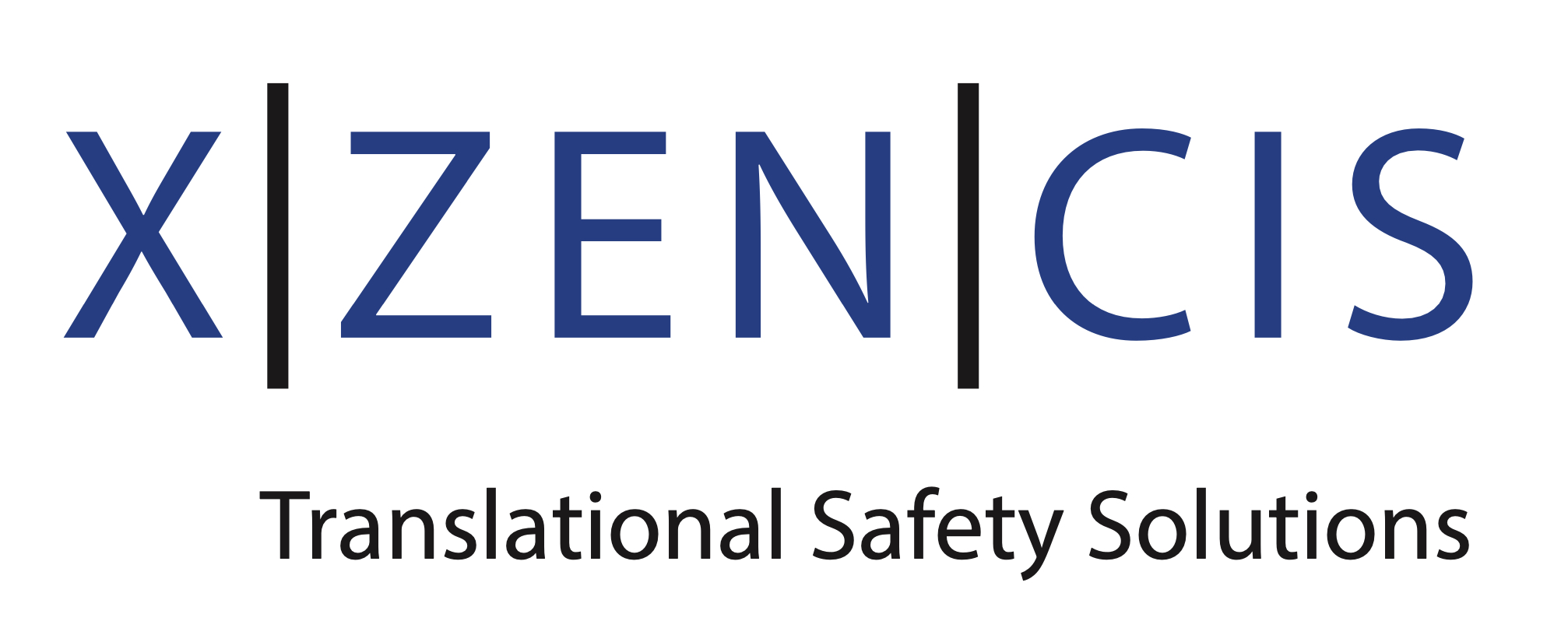By Xzencis AB
Xzencis support for Clinical Trial Hold and Crisis Management
Xzencis AB is ideally suited to take on Safety and Quality Management System-related crisis management, including clinical trial hold and reappraisals.
Its support can include expertise in non-clinical drug safety, patient safety and pharmacovigilance (PV) disciplines and processes and support in assembling a suitable expert panel.
Clinical trial problems
There are a very wide range of potential causes for crises in clinical trials, ranging from administrative issues over compromised regulatory compliance to overt and acute safety issues due to unexpected adverse reactions. Such problems can cause the trial to be suspended (‘clinical hold’), undergo a regulatory intervention, or in extreme cases threaten total abandonment.
Regulatory interventions can also take the forms of inquiries, for-cause audits and inspections, partial or full clinical holds, and even suspension of marketing authorizations for marketed products. The level of sanctions will depend on the perceived imminence and severity of risk for patients, medical and manufacturing staff or public health.
At whatever level, such problems are very costly and damaging to reputation and need to be resolved as quickly as possible. This will involve the trial sponsor working in close collaboration with regulators and third parties.
Crisis resolution
An ongoing clinical trial coming under scrutiny for whatever reason or cause is always a serious situation that require rapid decisions and actions by the sponsor. The main challenges in resolving a Clinical Trial Crisis are to show the regulator and other stakeholders that the sponsor organization is fully aware of the full extent of the problem(s), has identified their underlying causes, and is in full control of the issues.
This will be particularly challenging in cases of lack of transparency or effective governance where the reasons leading to a problem having arisen in the first instance are the same that prevent an open-minded approach to crisis assessment and management in the sponsor’s organization. Even with the best intentions, resolution strategies from organizations that are working blind may well be too narrow, too inconsequential, and inappropriate to satisfy regulators. In such cases, the damage can rapidly snowball with failed resolution attempts in a clinical trial crisis only worsening the situation.
Effective intervention and support
Most organizations and sponsors are well advised to engage an independent group of external counselors to assess the problem(s) and develop solution strategies with fresh pairs of eyes, different thinking and histories outside the trial sponsor’s organization.
This is a role in which Xzensis is well qualified to lend swift and effective support, with the PV and translational safety credentials to be a credible actor and the contacts needed to set up a respected oversight panel of experts.
Xzencis also has the in-depth experience of clinical trial management and regulatory requirements required to identify basic failings and identify the actions needed to resolve them.
In those not infrequent cases where safety crises in mid to late-stage clinical development are not rectifiable due to basic drug failings or irreversible underlying causes rooted years back in decisions taken in earlier stages of Clinical Development or Drug Discovery, the sponsor will be faced with no option but to seek an exit strategy. Here, too, the solution must be regulatory-compliant and here again Xzensis knowledge and experience can be of great assistance in resolving demanding and complex issues.


















